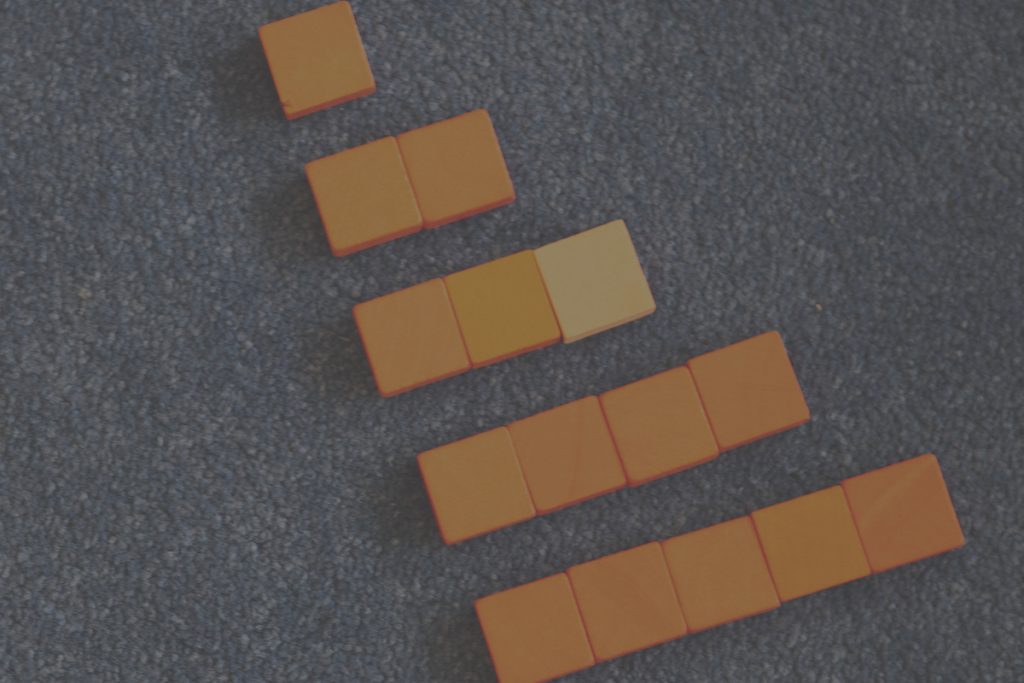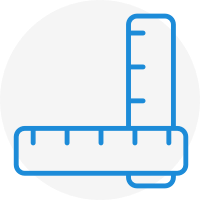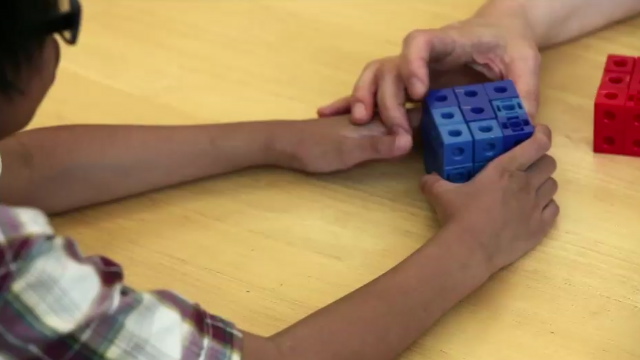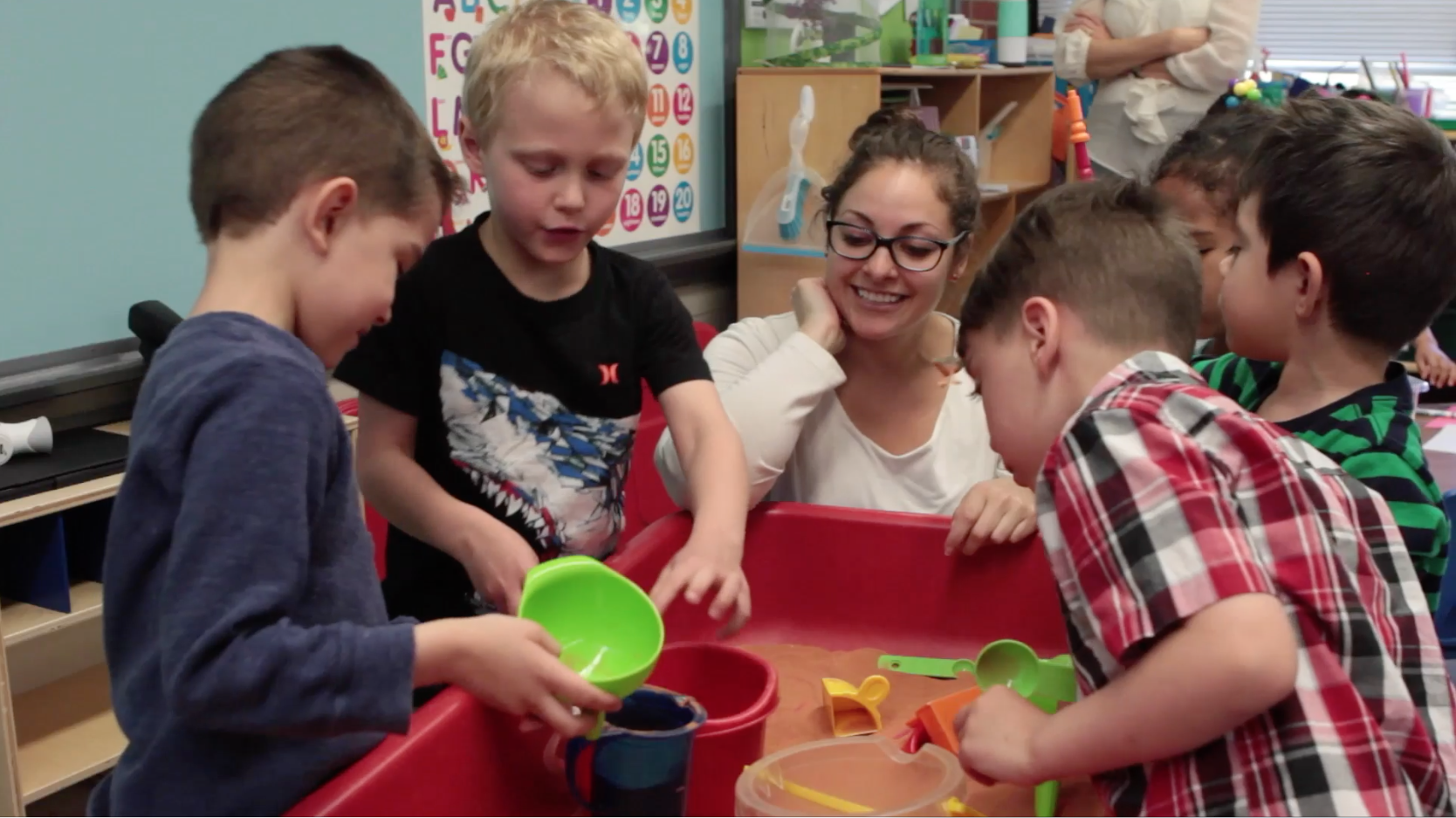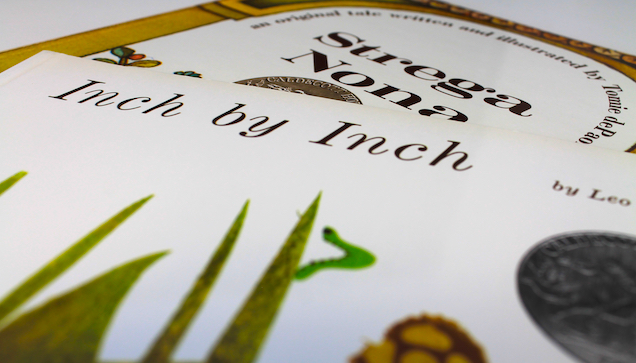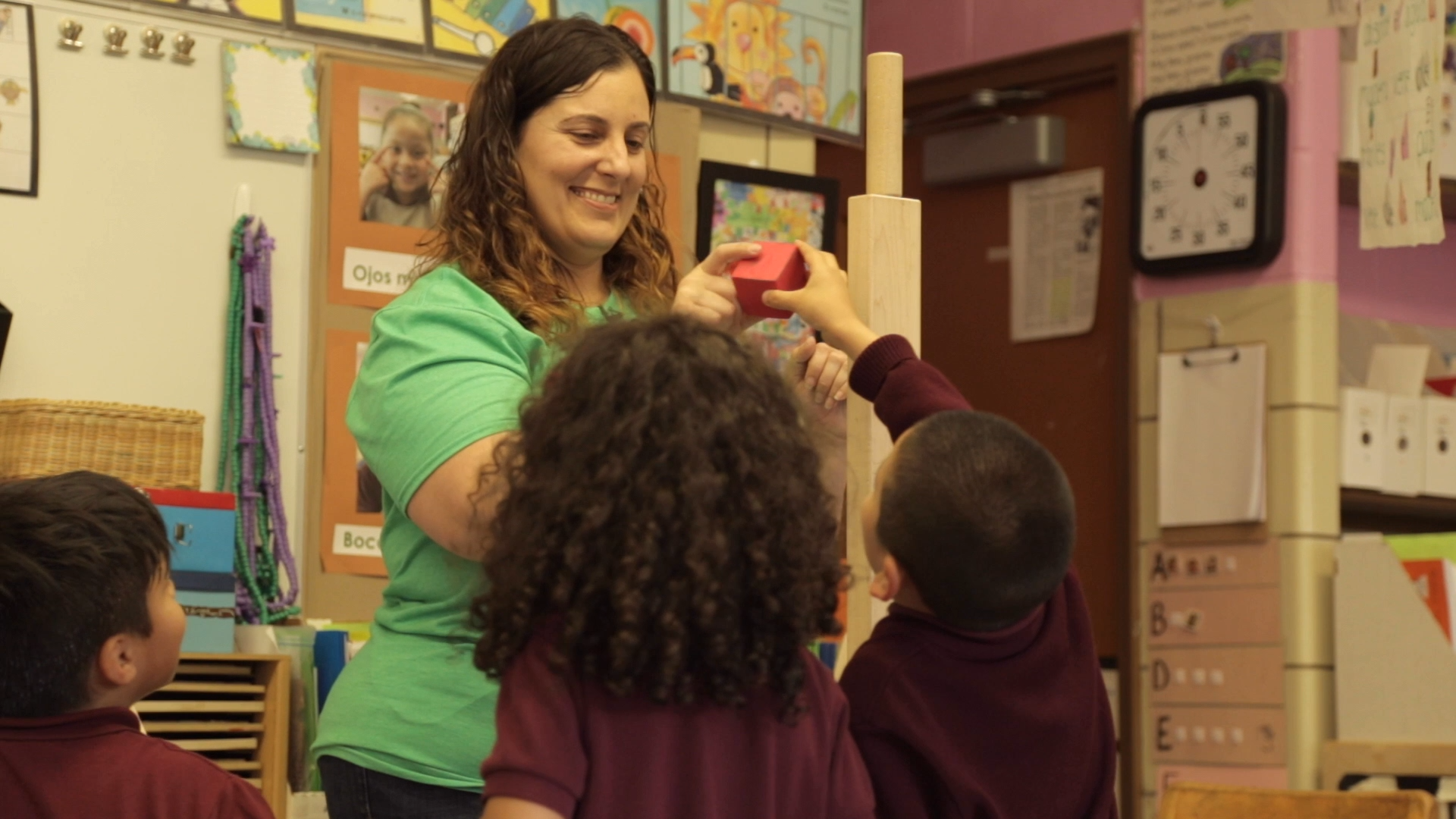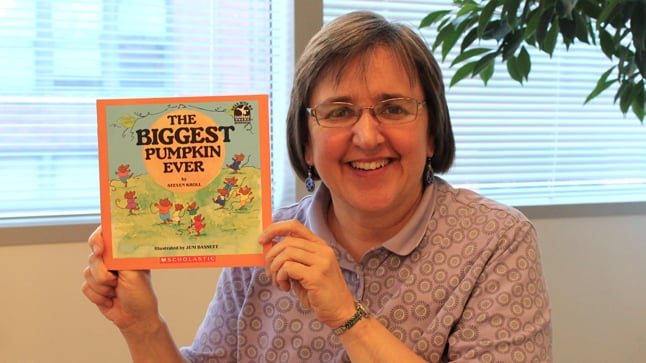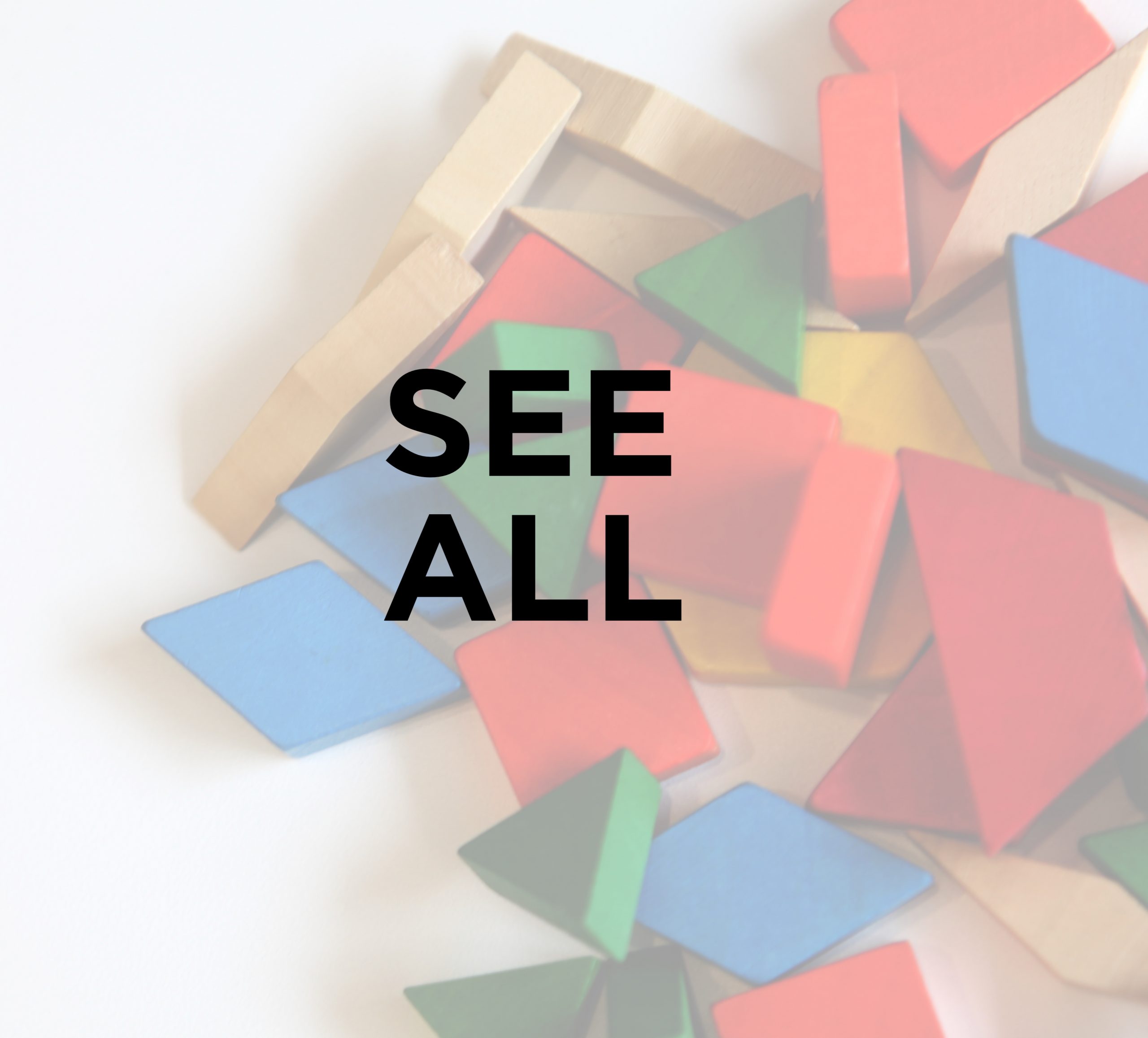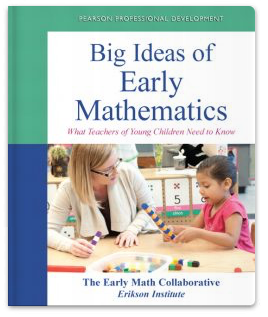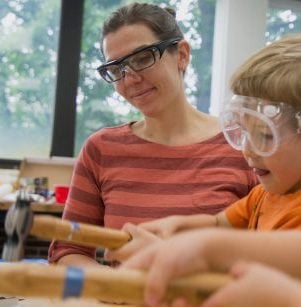Measurement
Questions about “What’s the biggest?” get raised again and again in early childhood settings. If we want to know just how much bigger the “biggest” one is, we’ll get out a measuring tool: a ruler, a tape measure, or a measuring cup. Alternatively, we might avoid numbers altogether and settle for a direct comparison, lining the containers up tallest to shortest, or from that which holds the most sand to the one that holds the least. In each of these situations, we are engaging in measurement. Technically speaking, measurement is any process that produces a quantitative description of an attribute, such as length, circumference, weight, temperature, volume, or number. Measurement is an essentially mathematical procedure that we apply in many different contexts.
Copyright: Erikson Institute’s Early Math Collaborative. Reprinted from Big Ideas of Early Mathematics: What Teachers of Young Children Need to Know (2014), Pearson Education.
Big Ideas
● Quantifying a measurement helps us describe and compare more precisely.
● All measurement involves a “fair” comparison.
● Many different attributes can be measured, even when measuring a single object.
Interested in Book Suggestions?
Browse our favorite children’s books that explore Measurement.
